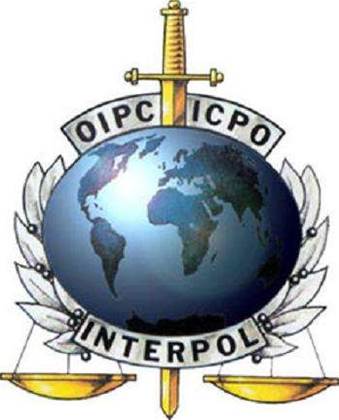Australian authorities have welcomed an INTERPOL initiative to provide a list of Internet domains containing severe child sexual abuse content to Internet Service Providers (ISPs) voluntarily participating in a scheme to reduce the availability of such material on the Web.

Announced last month by INTERPOL, the scheme redirects users attempting to access severe child abuse material on the web either to an INTERPOL stop page or to an error page.
According to its official release, INTERPOL's Trafficking in Human Beings unit will work with the organisation's National Central Bureaus and with the international police forces of its188 member countries in updating and enlarging this "Worst of" list of domains containing severe child sexual abuse material.
The material is classified according to criteria defined in collaboration with the pan-European police project CIRCAMP - the COSPOL (Comprehensive Operational Strategic Planning for the Police) Internet Related Child Abusive Material Project.
So far, only eight countries are participating in the law enforcement initiative to prevent access to child sexual abusive material. These are Denmark, Finland, Norway, Italy, Norway, Malta and to some extent NZ and Switzerland.
Most countries have adopted the list by blocking domains. Some countries also block at URL level. But IP-addresses are rarely used, as that might affect legal services also hosted at the same IP-address.
The initiative does not target file sharing or other services on the Internet. CIRCAMP's website states that police will use other methods - such as more traditional investigative methods - when dealing with these protocols and services.
A spokesman for the Australian Federal Police said the law enforcement agency was "aware of the initiative".
"From our perspective we welcome any initiative that adds to global efforts to combat child exploitation online. But we won't be commenting directly. It is more relevant to ACMA."
The AFP spokesman added that the initiative was not directly applicable to law enforcement as it is a collaboration with access service providers (private industry).
Internet Industry Association chief executive Peter Coroneos also endorsed the development.
"We expect this will be raised when we get to the stage where list sourcing becomes relevant," Coroneos said.
The IIA is working with Australian ISPs Telstra, Optus and Primus on drafting guidelines for a voluntary approach to blocking child abuse sites announced on 9 July.
"We generally favour internationally consistent approaches to what are global issues," Coroneos said. "It will obviously be a topic for discussion when we next meet with the AFP."
An ACMA spokesperson confirmed that the communications regulator - charged with maintaining a blacklist for the Government's proposed internet filter - had not yet received the INTERPOL list.
He said ACMA was working on a list of URLs containing child abuse material for ISPs volunteering to block such content as part of the 9 July announcement.
ACMA will incorporate lists of URLs containing child abuse material maintained by reputable overseas agencies following an assessment of the processes used to compile those lists, he said.
"We will be contacting INTERPOL to discuss the list, including how it is compiled and the type of material it will constitute," the ACMA spokesman said.
The ACMA is a member of INHOPE - the International Association of Internet Hotlines. Overseas hosted content found to be prohibited or potential prohibited that is sufficiently serious, such as child abuse, is notified to the INHOPE hotline in the hosting country or to the AFP for further action.
"We welcome initiatives that enhance international liaison and co-ordination in dealing with child abuse material," the ACMA spokesman said.
CRITERIA FOR INCLUSION IN INTERPOL's CIRCAMP LIST
According to CIRCAMP's fact sheet, criteria for being added to the black list are very strict, and reliability of the list is of paramount importance. These require, for example -
- The child must be a real child. Computer-generated, morphed, drawn or pseudo images will not be included
- The age of the child must be younger than 13 years of age or perceived to be less than 13
- There must be severe abuse depicted in the files.
- The domain must have been alive within the last three months.


.png&h=140&w=231&c=1&s=0)
_(28).jpg&h=140&w=231&c=1&s=0)







 Cyber Resilience Summit
Cyber Resilience Summit
 iTnews Executive Retreat - Security Leaders Edition
iTnews Executive Retreat - Security Leaders Edition
 Huntress + Eftsure Virtual Event -Fighting A New Frontier of Cyber-Fraud: How Leaders Can Work Together
Huntress + Eftsure Virtual Event -Fighting A New Frontier of Cyber-Fraud: How Leaders Can Work Together
 iTnews Cloud Covered Breakfast Summit
iTnews Cloud Covered Breakfast Summit
 Melbourne Cloud & Datacenter Convention 2026
Melbourne Cloud & Datacenter Convention 2026












_(1).jpg&h=140&w=231&c=1&s=0)



